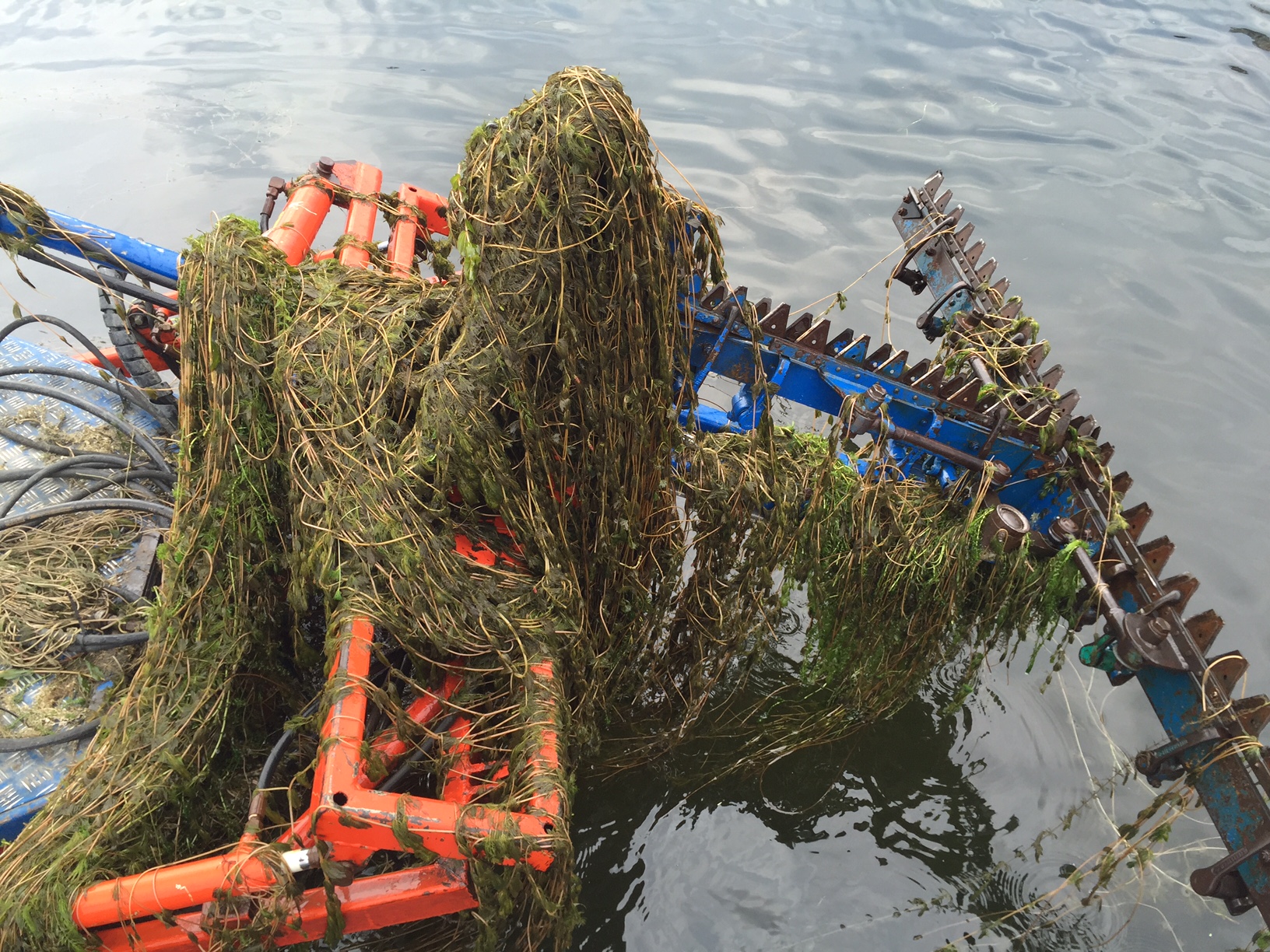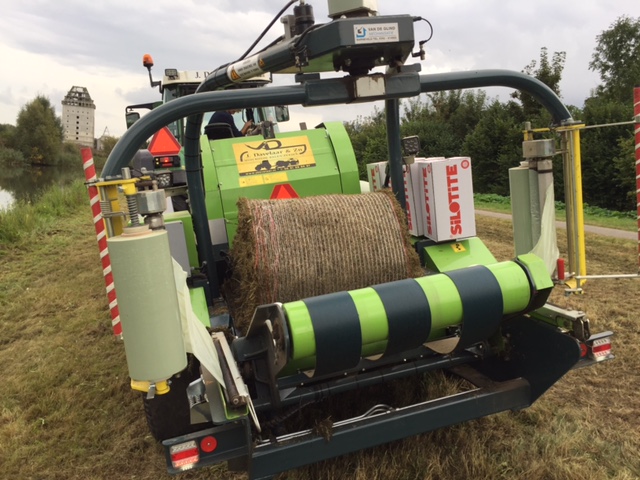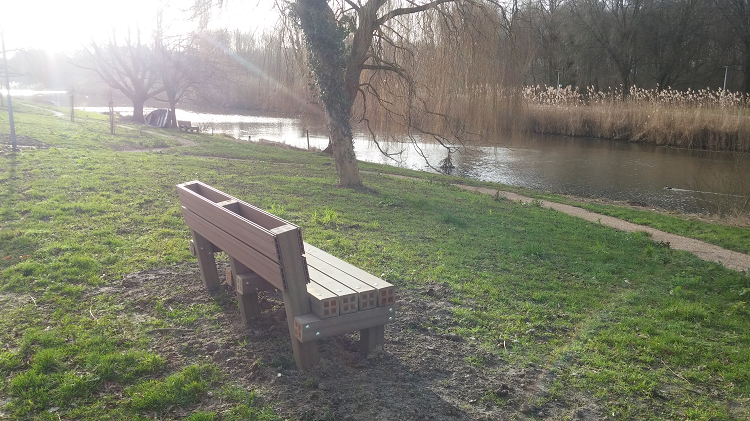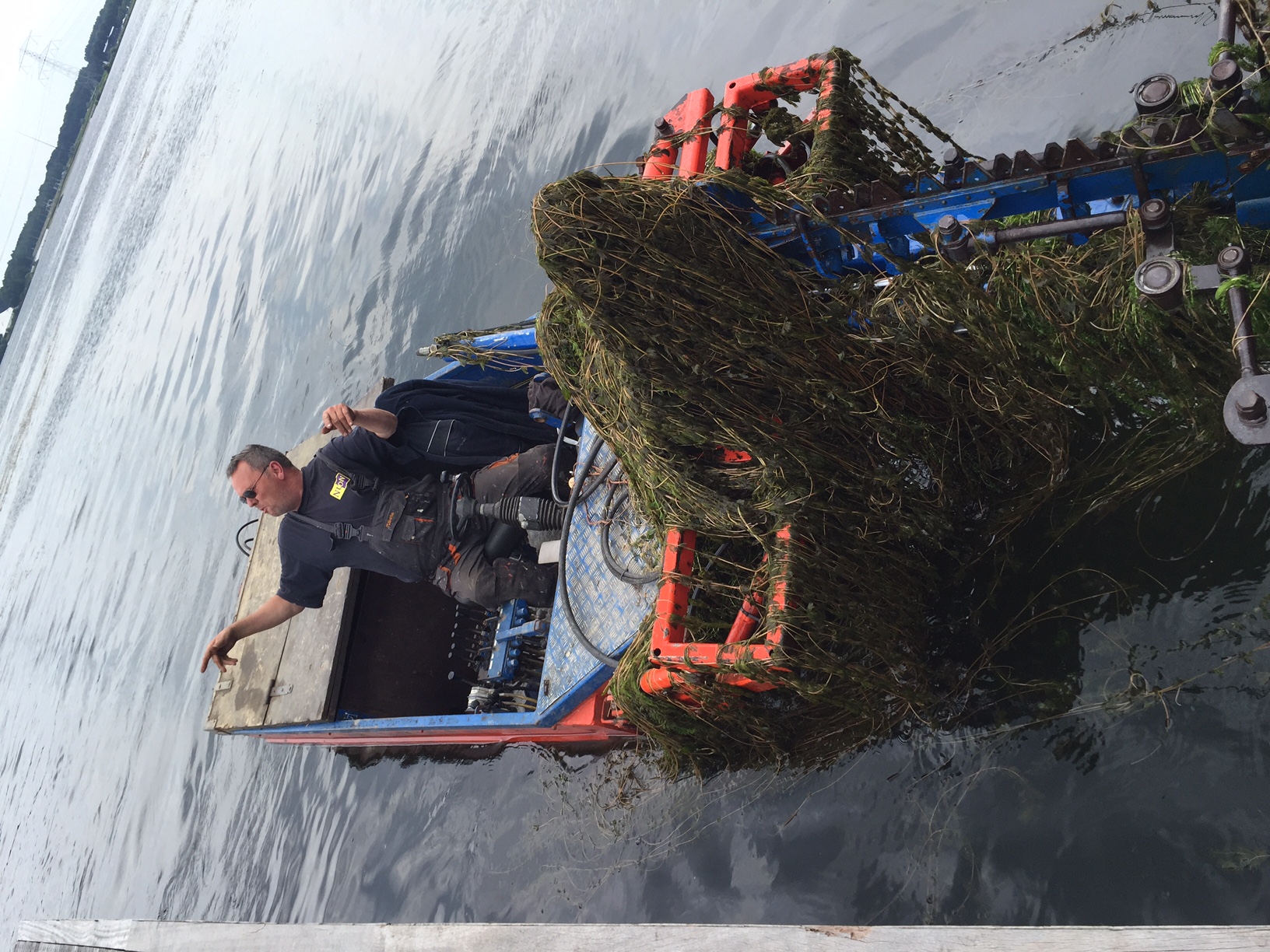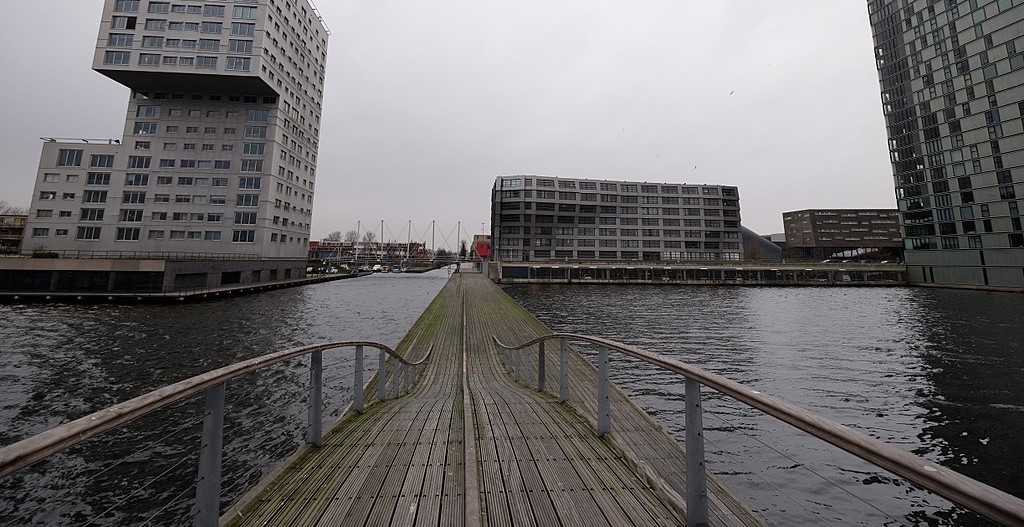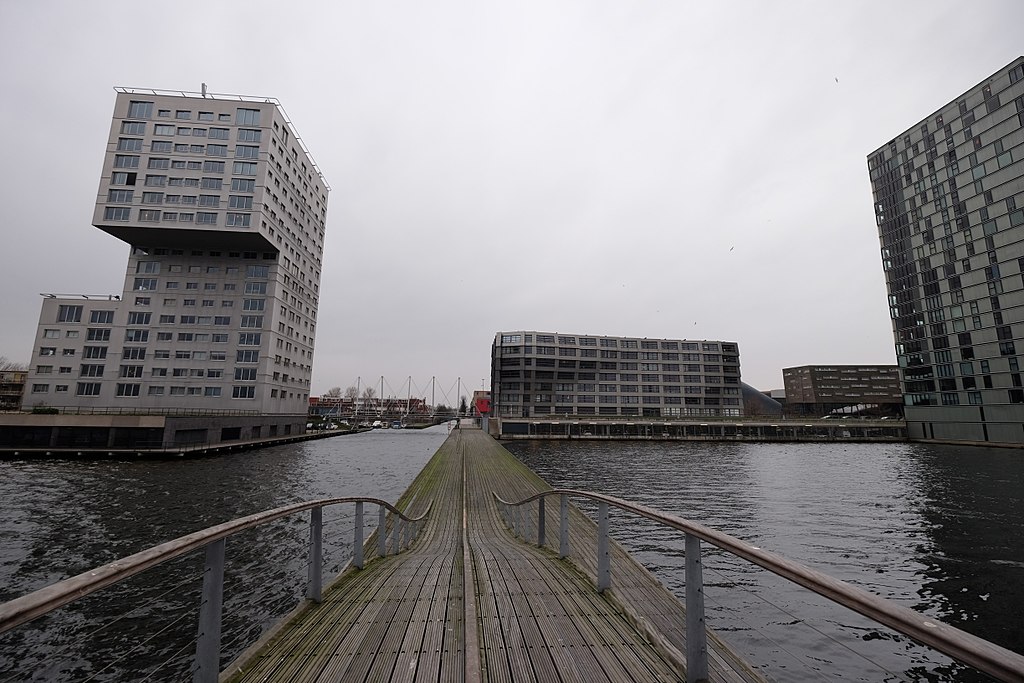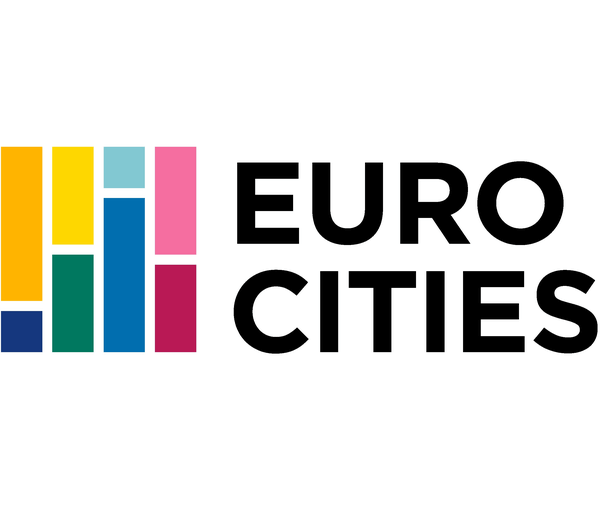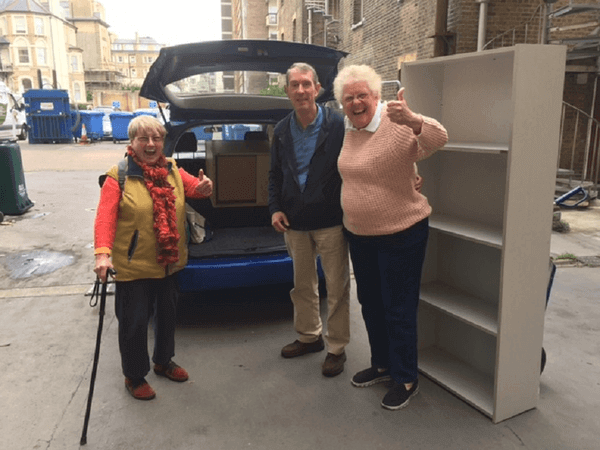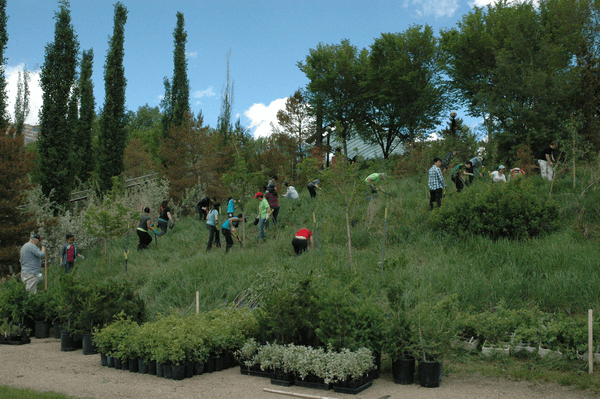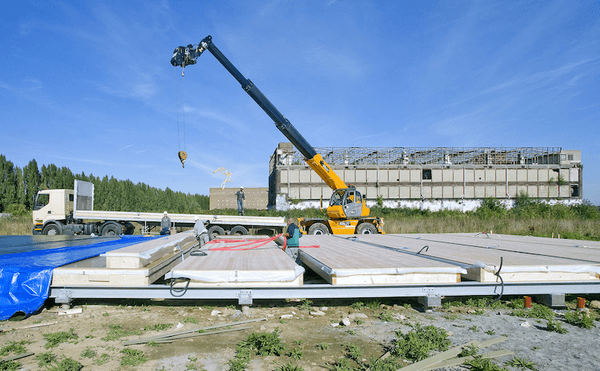City
Almere
Main actors
City Government, Regional Government, Private Sector, Community / Citizen Group, Research Institutes / Universities
Project area
Inner City
Duration
2015 - 2017
The city of Almere, working with the business sectors and local stakeholders has developed an innovative circular economy partnership.
The city of Almere was established over 4 decades ago on land reclaimed from the sea. With Weerwater lake at its heart, the area became a hub for sailing, fishing and water sport activities and businesses. However, its crystal clear water, also created a problem. The sun penetrates deep down into the water, encouraging aquatic plants to grow in such abundance they were damaging boat engines, preventing yachts from leaving harbour and risking the area’s reputation and economy. The annual bill for mowing, transporting and burning the water plants was €60,000, but the real costs were at least three times this figure.
The city government has turned a local crisis into an economic opportunity by developing a novel way of reusing the city lake’s over-abundant aquatic plants. This solution uses this unwanted raw material to make paper and furniture, creating a closed-loop waste system that also improves recreational use of the lake and reduces management and maintenance costs.
Originally published by EUROCITIES, the network of 130 European cities - PDF: http://nws.eurocities.eu/MediaShell/media/innovation_Almere.pdf
Eurocities Awards
This project was shortlisted for the 'Eurocities Awards' in 2017 in the following category: Innovation.
External links / documents
On Map
The Map will be displayed after accepting cookie policy
